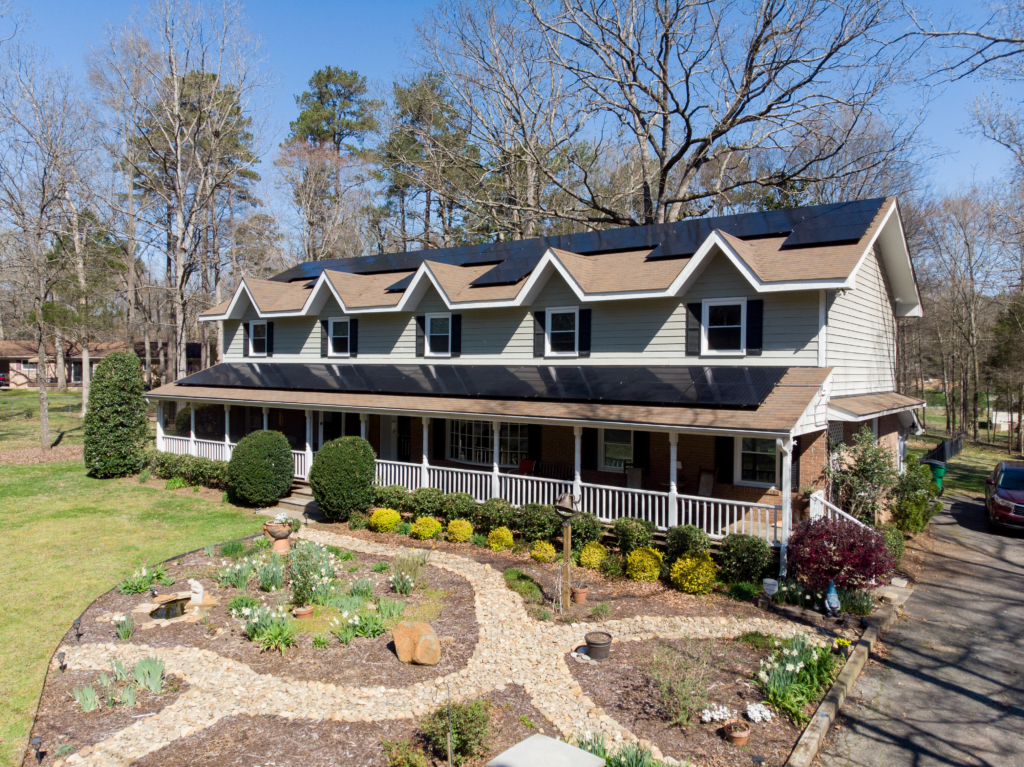Stop Investing In Your Utility
Stop Investing In Your Utility
smart.
Going solar means you get returns on money invested. While you won’t be 100% free of the utility (yet), solar allows you to take money previously paid to utility and leave that money in your pocket.
reliable.
With over 1,800 custom installations since 2010, Renu values the importance of providing every qualified homeowner with the power of solar as well as Tesla Energy Storage options. Renu also offers a power production guarantee and only solar panels with a 25 year warranty, giving you peace of mind.
solar.
We believe our customers should own their solar, not lease. Unlike traditional utility bills, Solar Loans have a payment end date. Renu offers $0 upfront out of pocket, with transferable loans and no prepayment penalty.

Frequently Asked Questions About Solar for Your Home:
How exactly does going solar and a solar system itself work?
How many solar panels do I need for my home?
Roof-size/available space: When we look at the size of your roof and the space available, we gather data that tell us the maximum number of solar panels your home or site can hold and we even consider shading. We use a software “Suneye” which takes a 360 picture of your roof and we use this photo to determine if your home is a good candidate for solar.
Energy Usage: When we determine energy usage we look at your past electrical bills from over the course of a year to make sure your system isn’t too big or too small.
Your Budget: We take your budget seriously and most importantly, we want you to be satisfied with our services. We take your feedback on how much you want to spend so that we can size your system appropriately.
What is solar net-metering?
Does Duke Energy offer net-metering?
Curious about the cost of a home solar system?
Ready to Own Your Own Energy?
Speak to Us Today!
